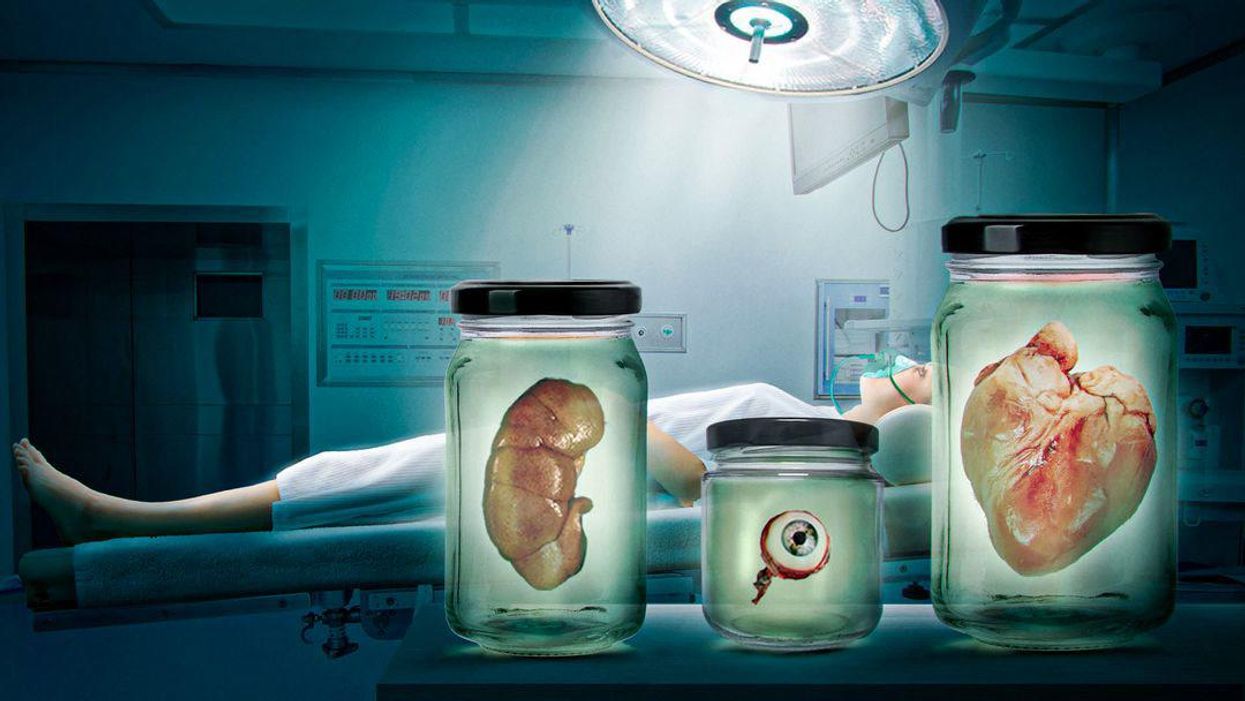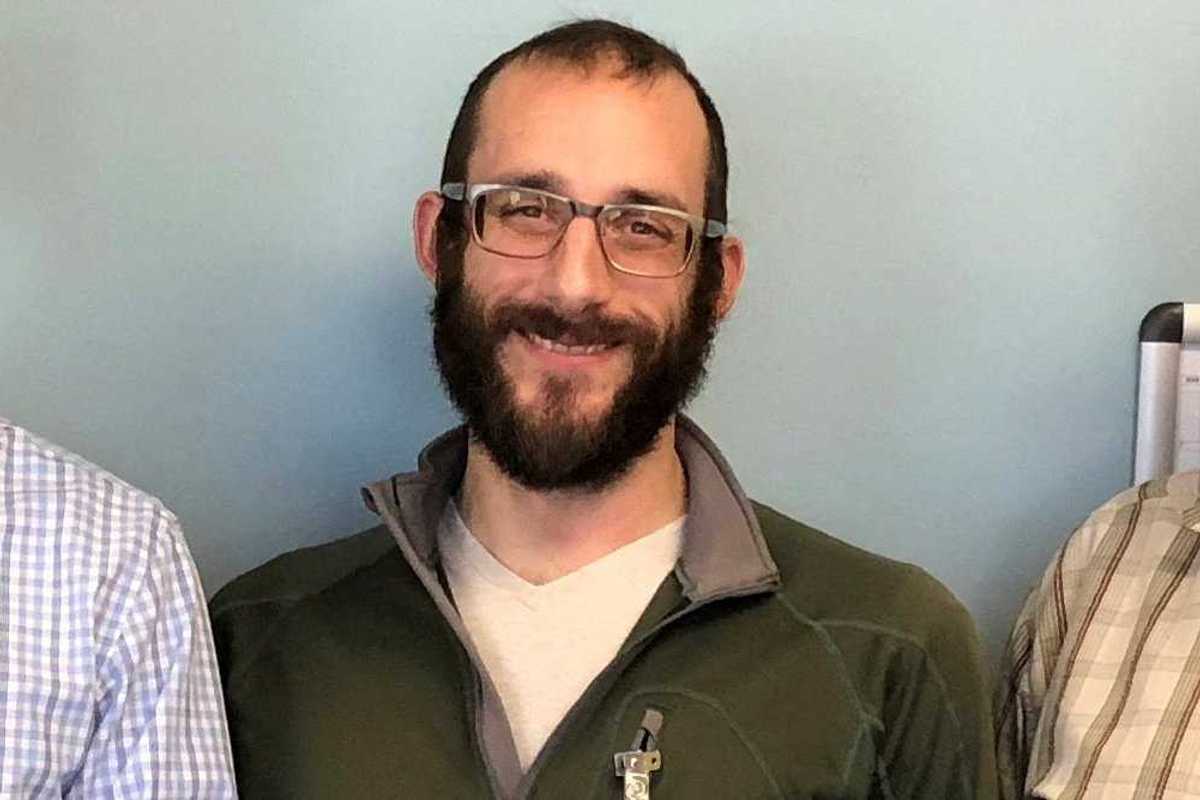Becca Monaghan
May 19, 2022
What Happens When You Transplant All Your Organs?
ON
Death may be a morbid subject, but a fascination with life's unanswered questions lies in fear of the unknown. After all, we only truly know what happens to a body physically.
"Dying is probably not as bad as you're expecting", Dr Kathryn Mannix, who specialises in palliative and end of life care, said, comparing death to "a process."
In a short film for BBC Ideas, Dr Mannix believes society should be open to the conversation about death and change how we speak about it.
“We’ve lost the rich wisdom of normal human dying and it’s time for us to talk about dying and reclaim the wisdom," she said.
“Dying, like giving birth, really is just a process. Gradually people become more tired, more weary. As time goes by people sleep more and they’re awake less.”
Sign up to our free Indy100 weekly newsletter
The Daily Star reported on another doctor who believes there are five stages of dying.
With over 35 years of experience as an A&E doctor, Dr Thomas Fleischmann based his theory on conversations with hundreds of patients who have had "near-death experiences."
“The first phase, there’s a sudden change and, from one instant to another, all pain is gone," he said in a 2014 TED Talk in Hamburg.
“All anxiety is gone, all fear is gone, all noises are gone - and there’s just peace, calmness and tranquillity. Some report joy."
He characterised the second stage as an "out of body experience" with people feeling like they are "flying above themselves" and can see their body "lying down on the stretcher."
This is followed by a "comfortable" phase for around 98-99 per cent of people, adding that 2 per cent often refer to “terrible noises, terrible smells and terrible creatures”.
Stage four is when people see the light, according to Dr Fleischmann. He said this "shines into the complete blackness”, which is “very warm, very bright and very attractive”.
Around 10 per cent of people who have had a near-death experience describe the fifth stage as: “beautiful surroundings, beautiful colours, some say beautiful music and the feeling of unconditional love”.

Some scientists have suggested that people could be aware that they've died.
They suggested this is because a person's brain can still function for a short time after death. More specifically, in the cerebrum, the part that keeps you conscious after the heart has stopped.
In a 2016 study, scientists from the University of Western Ontario examined four people's bodies whose life machines had been turned off.
One person's brain waves continued, despite being dead.
Dr Parnia told Newsweek: "What's fascinating is that there is a time, only after you and I die, that the cells inside our bodies start to gradually go toward their own process of death.
"The cells don't instantly switch from alive to dead. Actually, the cells are much more resilient to the heart stopping – to the person dying – than we used to understand."

Meanwhile, over on ConspiracyTok, Brandon Monhollen pondered the concept of déjà vu.
In the viral TikTok clip, he mused: “What if when we die, the light at the end of the tunnel is the light to another hospital,” he said in the video.
@brandonmonhollen #stitch with @0fficially_s hope this gains some traction! seriously intriguing.
“There we are born, and the only reason you come out crying is because you remember everything from your past life and you're crying at the fact that you died and lost everything.
“As you grow and start to forget your past life, and you focus on the life that you have now, patches of memory stay behind and that memory causes déjà vu.”
Who knows.
Have your say in our news democracy. Click the upvote icon at the top of the page to help raise this article through the indy100 rankings.
Top 100
The Conversation (0)














